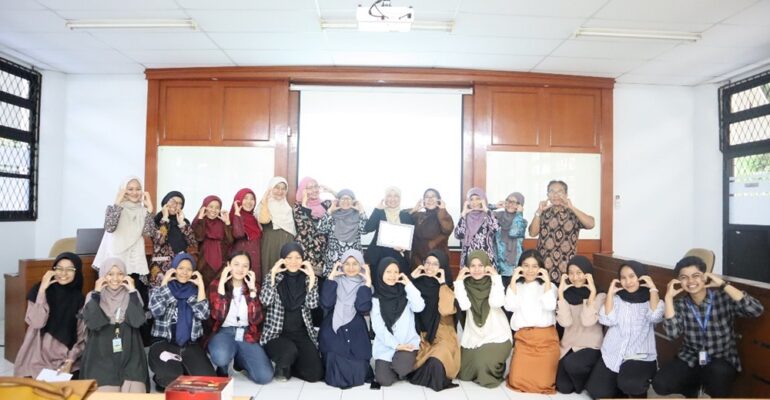Fema IPB University Supplies Mental Health Team with Counseling Skills

Faculty of Human Ecology (Fema) IPB University held a Mental Health Team Workshop on the topic of Mental Health Counseling Techniques. This activity aims to improve the ability of the Mental Health Task Force Team (Satgas) at Fema IPB University in providing counseling services for students. The activity took place in the Fema Post Seminar Room, IPB Dramaga Campus.
The activity was attended by 31 participants from the Mental Health Team and Peer Counselor Team. Vice Dean of Fema IPB University for Academic, Student Affairs, and Alumni, Dr Megawati Simanjuntak opened the workshop by emphasizing the importance of the role of counselors in helping students who experience mental health problems.
“Fema IPB University has provided a counseling room as a place for students who need good counseling services. We will also conduct promotional activities in the form of a mental health studium generale for students of class 59 at the end of August and September. It is hoped that all Fema IPB University students will have a healthy mentality and be successful in completing their studies,” said Dr Megawati.
The resource person was Nina Marlina, AM Keb, CHt, CT, a clinical hypnotherapist, counseling practitioner, slimming coach, and founder of Griya Harmony Therapy. Nina explained that counseling aims to help someone solve problems related to feelings, emotions, social, and behavior. Counseling is not the same as confiding.
“It is necessary to build an approach to the counselee so that the counseling process is easier and the information obtained is more accurate. Determining the root of the problem and keywords in the counseling process is necessary so that the determination of solutions is more effective and appropriate,” said Nina.
Furthermore, she explained that the success of counseling is determined by the counselor’s ability to listen. Therefore, in counseling sessions counselors listen more. The proportion of listening and speaking is 80:20, where 20 percent of the proportion of listening is used more for the questioning process.
“If the counseling session is dominated by one-way talks from the counselor, it is not counseling but direction,” said Nina. (*/Rz) (IAAS/TNY)



















